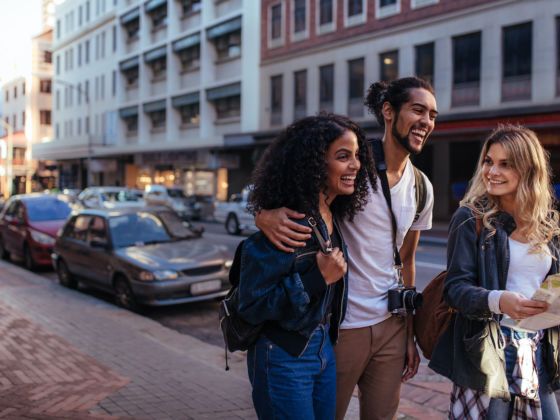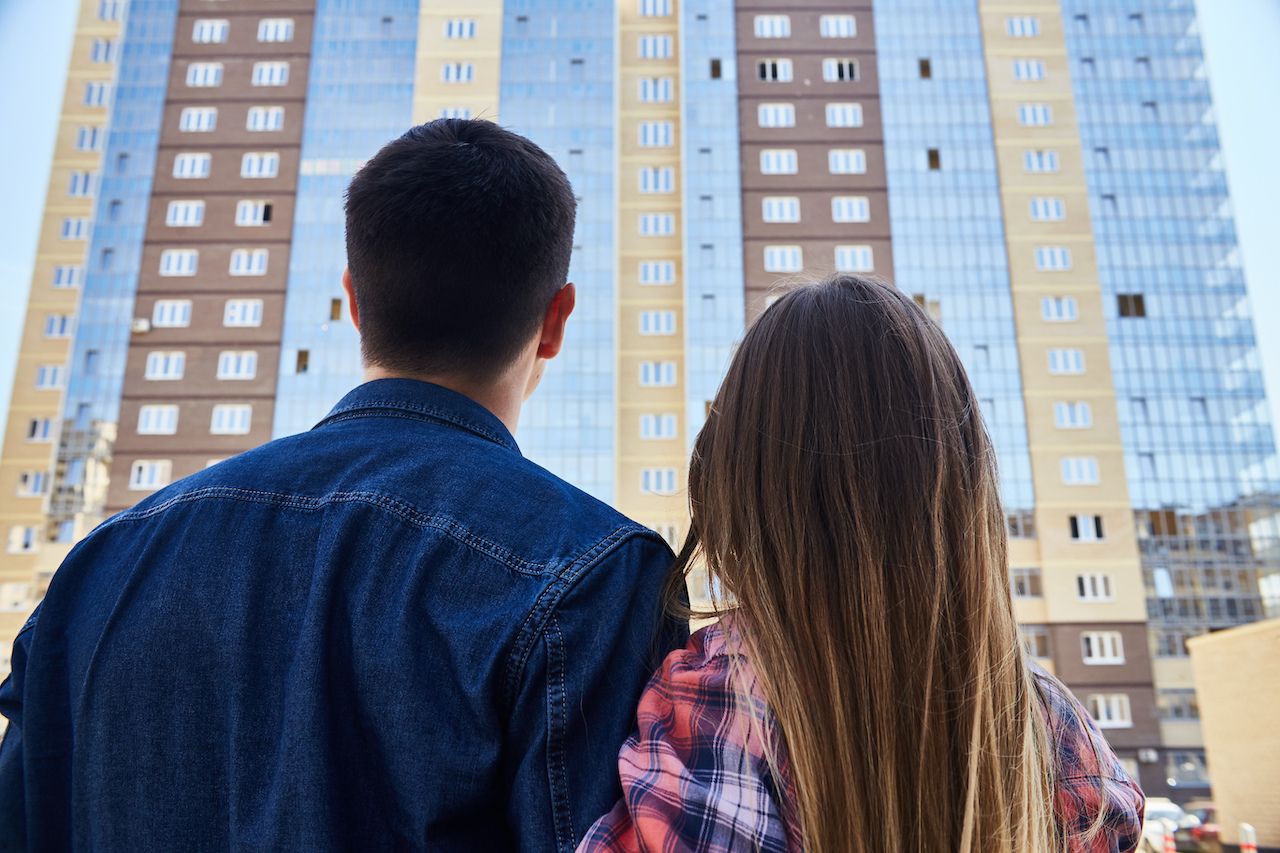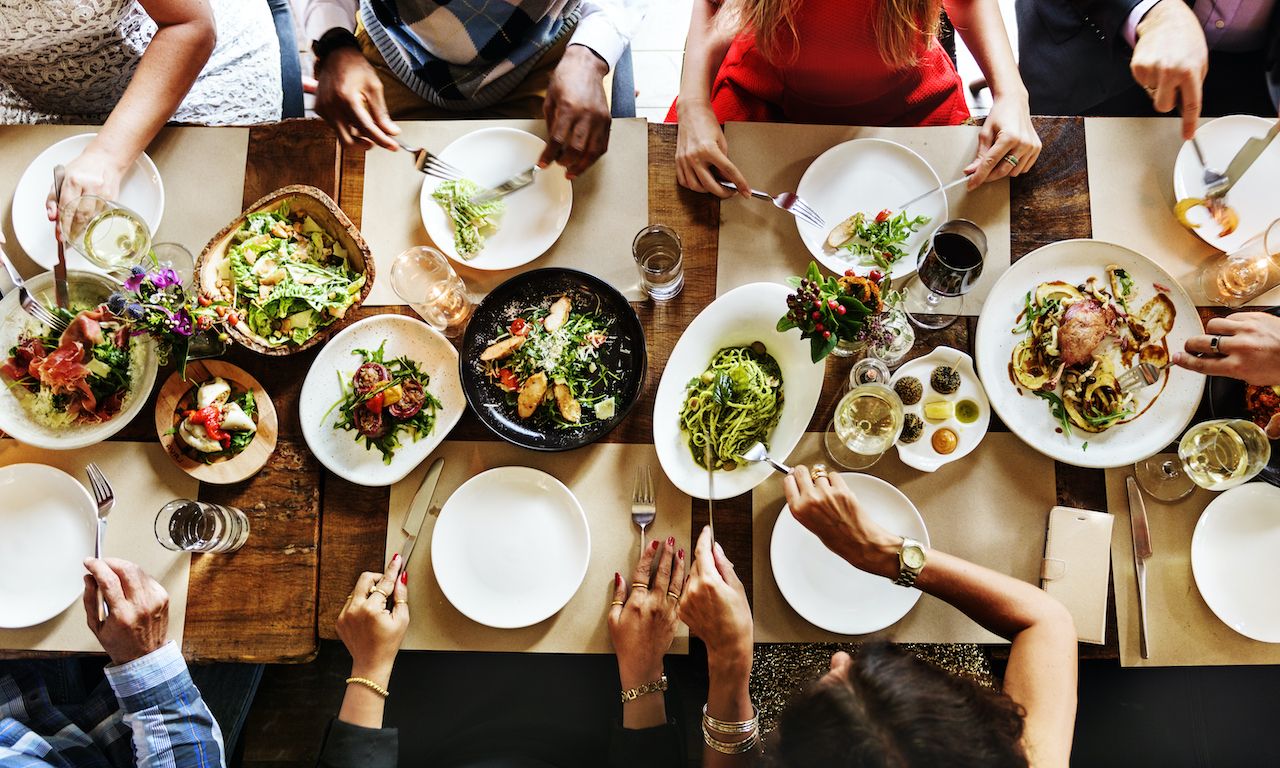Moving to a new city is exciting and stressful in equal measure. There are local dishes to taste, people to meet, and new sights to take in. But the process of settling in and making it feel like home isn’t always smooth sailing: Once the novelty has worn off — and wear off it will — you may feel lost, frustrated, and unwelcome.
It’s perfectly normal to experience an emotional dip a few weeks or months in. Learning to love your new city and working out how you fit in takes time, but there are some things to do to speed the process up. From finding friends to eating in dubious food courts, here are 10 ways to feel at home in a new city.




